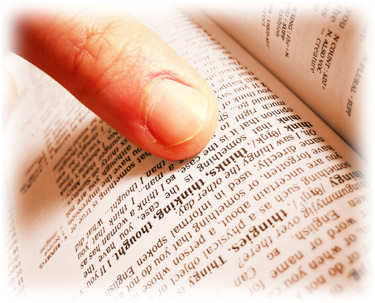
Seeing Ourselves 8th Edition Critical Thinking Answers Full Version Free Softwa
Seeing Ourselves: Classic, Contemporary, and Cross-Cultural Readings in Sociology / Edition 7 Drawing on the work of the pioneers of sociology, as well as that of the men and women conducting today's research, this best-selling collection of 77 classic, contemporary, and cross-cultural articles conveys sociology's diversity of viewpoints. Show Full Text Show Less Text. LET THE RECORD SHOW THAT THE WITNESS ANSWERED IN THE. Voter id card download.
Abstract In this interview for Think magazine (April ’’92), Richard Paul provides a quick overview of critical thinking and the issues surrounding it: defining it, common mistakes in assessing it, its relation to communication skills, self-esteem, collaborative learning, motivation, curiosity, job skills for the future, national standards, and assessment strategies. Question: Critical thinking is essential to effective learning and productive living. Would you share your definition of critical thinking? Paul: First, since critical thinking can be defined in a number of different ways consistent with each other, we should not put a lot of weight on any one definition. Definitions are at best scaffolding for the mind. With this qualification in mind, here is a bit of scaffolding: critical thinking is thinking about your thinking while you’re thinking in order to make your thinking better. Two things are crucial: 1) critical thinking is not just thinking, but thinking which entails self-improvement 2) this improvement comes from skill in using standards by which one appropriately assesses thinking.

To put it briefly, it is self-improvement (in thinking) through standards (that assess thinking).